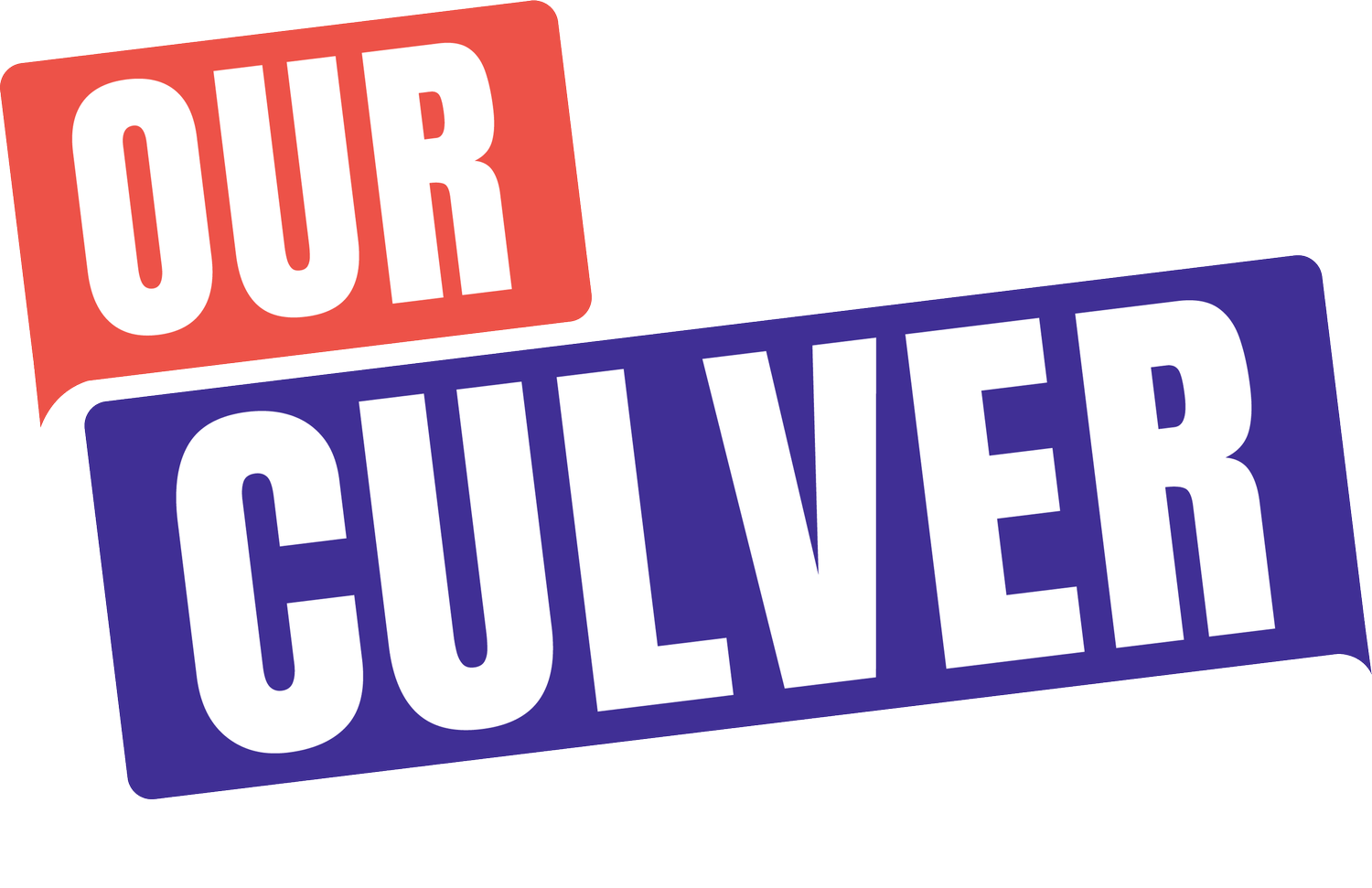Do police really need to stop you for a broken taillight?
Have you ever been pulled over for a broken taillight? Expired registration? Maybe you thought it was the kind of thing that could've been handled by simply mailing you a ticket?
Police make stops for minor equipment violations to investigate the car and driver for other more serious violations or crimes. In some cases, an officer might think you’ve committed a crime, but the officer lacks sufficient evidence to pull you over for that crime. So the equipment violation is used as a pretext for pulling you over. These are known as pretextual stops.
Although police claim that pretextual stops are an essential policing tool, a 2023 report by the California Department of Justice (DOJ) examined the research on the subject and found there is “an absence of a public safety benefit” to making pretextual stops. The same report found that pretextual stops and searches result in “widespread racial profiling and the potential for minor traffic stops to turn deadly.”
Culver City police banned certain pretextual stops in 2021
The Culver City Police Department sought to reform its traffic stops policy in 2021, citing community feedback, including “community concerns that low-level traffic infraction enforcement has a disproportionate impact on lower-income segments of our community, particularly for community members of color.” Although the 2021 policy did not end pretextual stops altogether, it did end all stops for minor equipment violations.
The result was dramatic. The policy was issued on February 10, 2021, and the next four weeks saw an average of 161 stops per week — down 38% from the four weeks before issuance of the policy, which averaged 259 stops per week.
But Culver City’s 2021 policy didn’t go far enough
Unfortunately, a ban on stops for minor equipment violations didn’t eliminate racial disparities in policing in our community. In 2021, Culver City police still disproportionately stopped Black and Latino people. And among those who were stopped, Culver City police were twice as likely to use force against Black people than against white people, according to the California DOJ’s analysis of CCPD data. This is the highest disparity of any law enforcement agency in the state of California.
We looked at the underlying data, too. We discovered that Culver City police still made hundreds of stops during this period that were likely pretextual — these are stops where the police:
pulled someone over for a traffic violation,
without reasonable suspicion of a crime,
searched the driver and/or vehicle,
didn't find any contraband, and
didn't make an arrest.
Among these likely pretextual stops that neither resulted in arrest nor discovery of contraband, police used force against 1 in 5 of the people stopped. More than half of those victims of police force were Black, and more than a quarter were Latino. Again, these were people who were guilty of nothing more than a traffic violation.
As a result of these disparities and similar disparities in other police departments throughout the state, the California DOJ recommended ending pretextual stops altogether. Community members amplified this call in Culver City.
Culver City police expanded pretextual stops in 2023
Despite calls from both state law enforcement and our community here in Culver City to end pretextual stops, Culver City police changed their policy in 2023 to expand pretextual stops, effectively reversing the earlier policy banning minor equipment violations. The new policy specifically allows pretextual stops for minor equipment violations if the officer thinks an individual has committed an underlying crime.
Police officers rely on two primary legal standards of evidence used when they suspect a crime: reasonable suspicion (to stop someone) and probable cause (to search or make an arrest). The new policy doesn't require either one for the underlying crime for a Culver City police officer to make a pretextual stop.
Instead, a pretextual stop is okay as long as the officer can describe why they think a crime was committed, even if the reason doesn’t meet the reasonable suspicion or probable cause standards. This new standard is called the articulable information standard.
LA’s example causes concern for Culver City's new policy
We don’t yet have data on how the new policy impacts racial disparities in policing in Culver City, but the California DOJ studied Los Angeles’s new pretextual stops policy, issued in 2022, which uses nearly identical language to Culver City's new policy. In some ways Los Angeles’s policy is more restrictive on police conduct than ours, but it uses the same lower articulable information standard as the new Culver City policy.
The California DOJ found that under Los Angeles’s policy, police still disproportionately stop Black and Latino individuals. The disparities for Latino individuals increased slightly when compared to Los Angeles’s prior policy on traffic stops, while the disparities for Black individuals were slightly lower.
In light of this evidence, the California DOJ continues to recommend eliminating pretextual stops altogether. But in Culver City, for now, pretextual stops will remain a part of daily life for, to use the words of former Culver City Police Chief Manuel Cid, "lower-income segments of our community, particularly for community members of color."
Have you been pulled over for a pretextual traffic stop? Send us your stories at ourculver@gmail.com.





